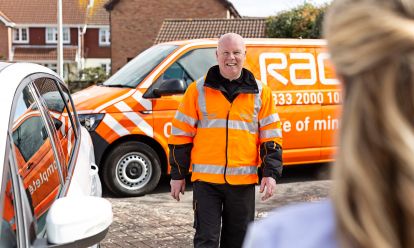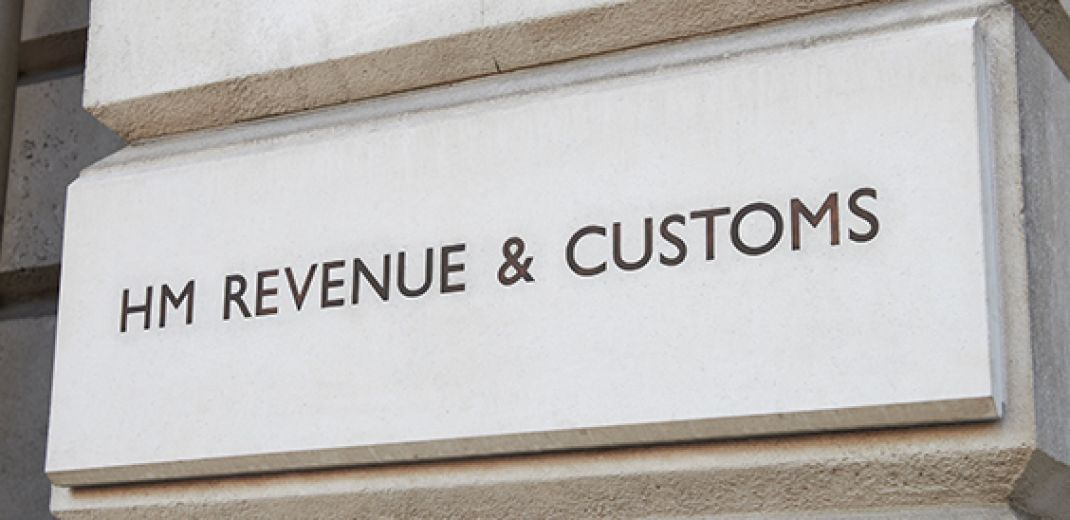But how will the Statement affect drivers? Below is a full summary from the RAC.
Fuel duty
Policy prior to statement: In the Spring Statement, the now Prime Minister Rishi Sunak announced a 5p a litre fuel duty cut to last until Spring 2023 in the face of rising pump prices. This meant duty was reduced from 57.95p to 52.95p. The RAC has led calls for the cut to remain in place, arguing that increasing it once again would result in higher costs for drivers and would impact on inflation.
Autumn Statement impact: No changes were announced in the Budget to fuel duty rates.
RAC fuel spokesman Simon Williams said: “We welcome the Government keeping the fuel duty cut in place for the full 12 months. The cut has provided some relief for drivers in what has been the most torrid year ever at the pumps, with price records being broken even after duty was cut. Given the importance of driving for both consumers and businesses, duty should be kept low to help fight inflation.”
Electric vehicle taxation
Policy prior to statement: Electric vehicles have been subject to a zero Vehicle Excise Duty (VED) rate in both the first year after registration and in subsequent years for some time. This Government policy has helped to incentivise drivers to switch to cleaner vehicles, particularly given the higher upfront costs to purchase the vehicle.
In September 2022, the SMMT reported that more than 500,000 pure new electric vehicles have come on to our roads since 2010. The increasing popularity of EVs poses a fiscal problem for the Government, given fuel duty revenues generate £28bn a year for the Treasury, with VED revenues contributing around £7bn a year.
Autumn Statement impact: The Chancellor announced that from 2025 new and existing electric vehicle owners will have to start paying vehicle excise duty. The changes are as follows:
- New zero-emission cars registered on or after 1 April 2025 will be liable to pay the lowest first-year rate of VED (which applies to vehicles with CO2 emissions 1 to 50g/km) currently £10 a year.
- From the second year of registration onwards, they will move to the standard rate, currently £165 a year
- Zero emission cars first registered between 1 April 2017 and 31 March 2025 will also pay the standard rate
- The Expensive Car Supplement exemption for electric vehicles is due to end in 2025. New zero emission cars registered on or after 1 April 2025 will therefore be liable for the Expensive Car Supplement. The Expensive Car Supplement currently applies to cars with a list price exceeding £40,000 for five years
- Zero and low emission cars first registered between 1 March 2001 and 30 March 2017 currently in Band A will move to the Band B rate, currently £20 a year
- Zero-emission vans will move to the rate for petrol and diesel light goods vehicles, currently £290 a year for most vans
- Zero-emission motorcycles and tricycles will move to the rate for the smallest engine size, currently £22 a year
- Rates for Alternative Fuel Vehicles and hybrids will also be equalised
RAC head of policy Nicholas Lyes said: "After many years of paying no car tax at all, it’s probably fair the Government gets owners of electric vehicles to start contributing to the upkeep of major roads from 2025.
"Vehicle excise duty rates are unlikely to be a defining reason for vehicle choice, so we don’t expect this tax change to have much of an effect on dampening demand for electric vehicles given the many other cost benefits of running one.
"The fact that company car tax increases on EVs will be kept low should also keep giving fleets the confidence to go electric which is vital for increasing the overall number of EVs on our roads."
Company car taxation – electric vehicles
Position prior to statement: Historical rates can be found here
Autumn Statement impact: The Government is setting rates for Company Car Tax until April 2028 to provide long-term certainty for taxpayers and industry in Autumn Finance Bill 2022. Rates will continue to incentivise the take-up of electric vehicles:
- appropriate percentages for electric and ultra-low emission cars emitting less than 75g of CO2 per kilometre will increase by one percentage point in 2025-26
- A further 1% in 2026-27 and a further 1% in 2027-28 up to a maximum appropriate percentage of 5% for electric cars and 21% for ultra-low emission cars
- rates for all other vehicles bands will be increased by one percentage point for 2025-26 up to a maximum appropriate percentage of 37% and will then be fixed in 2026-27 and 2027-28
VAT on chargepoints
Current position: The rate of VAT is set at 20% on public chargepoints as opposed to 5% at domestic chargepoints. The RAC, alongside campaign group FairCharge, has called on the Chancellor to reduce VAT on public charging from 20% to 5%
Autumn Statement impact: No changes to the VAT rate on using public chargepoints were announced.
RAC electric vehicles spokesman Simon Williams said: "We are disappointed the Government has not brought the rate of VAT on public charge points down to the same level as domestic charging.
"A third of drivers do not have access to a driveway or a garage, so will continue to be penalised not only by higher public charging prices but a higher rate of tax. Given the Government has asked owners of EVs to start paying vehicle excise duty, we would have hoped there could have been a trade-off with a fairer VAT rate on public charging."
Insurance premium tax (IPT)
Policy prior to statement: The standard rate of IPT was 12% and has been so since June 2017, while the higher rate is 20% (since January 2011). As insurance is compulsory for drivers, any increase in IPT would mean higher car insurance premiums.1
Autumn Statement impact: There was no change to the standard rate of insurance premium tax, which the RAC welcomes.
What do you make of today’s Autumn Budget? Are you an EV owner? If so, how will today’s announcement impact you. Leave your comments below.
1 https://www.gov.uk/government/publications/rates-and-allowances-insurance-premium-tax/insurance-premium-tax-rates
RAC Breakdown Cover
Join the RAC and get breakdown cover. Our patrols fix 4 out of 5 vehicles on the spot, with repairs done in just 30 minutes on average.












